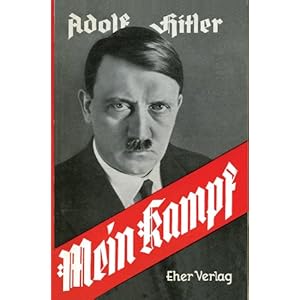 Banned Books Week is celebrated by libraries to highlight the fundamental premise that American libraries stand on: The first amendment right to freedom of speech, which implies the freedom to hear that speech and includes the printed word (i.e., freedom of the press) which implies the freedom to read. According to the American Library Association’s Library Bill of Rights,
Banned Books Week is celebrated by libraries to highlight the fundamental premise that American libraries stand on: The first amendment right to freedom of speech, which implies the freedom to hear that speech and includes the printed word (i.e., freedom of the press) which implies the freedom to read. According to the American Library Association’s Library Bill of Rights,Libraries should challenge censorship in the fulfillment of their responsibility to provide information and enlightenment… Libraries should provide materials and information presenting all points of view on current and historical issues. Materials should not be proscribed or removed because of partisan or doctrinal disapproval.
There can be a fine line between censorship and responsible selection. Let’s consider how this is applied to Darling Library at Hope.
We are committed to creating a Christian environment in which students are strengthened in their faith but also to providing academic programs that are excellent in every way (HIU Core Values). As Biblical Studies Professor, Dr. David Matson, puts it, “We teach students how to think, not what to think.” This depends on exposing students to multiple viewpoints on potentially controversial issues.
But where is that fine line? We used to get boxes of books by L. Ron Hubbard, the founder of the controversial Church of Scientology, donated by the publisher. Was our decision not to keep them a form of censorship? We select books (and other resources) to support our curriculum – but not everything everyone has ever written. How do we decide which ones to keep? Do we just keep books we agree with?
Consider the following titles. Would you keep them in our library?

 Mein Kampf by Adolf Hitler. (This is a trick question.) Sure, it’s a classic, but it’s in German. We have two copies translated into English. Do we have need of a copy in a language we don’t teach? (Our particular copy belonged to a beloved professor and administrator, G.B. Gordon, also known as "Mr. PCC", who was a chaplain during WW2.)
Mein Kampf by Adolf Hitler. (This is a trick question.) Sure, it’s a classic, but it’s in German. We have two copies translated into English. Do we have need of a copy in a language we don’t teach? (Our particular copy belonged to a beloved professor and administrator, G.B. Gordon, also known as "Mr. PCC", who was a chaplain during WW2.)
What about different religions? The Book of Mormon? The Qur'an? Zen and the Art of Motorcycle Maintenance? Watch Tower publications? Or even Christian authors with one-note agendas that are intolerant of other viewpoints?
And what about the annual swimsuit edition of Sports Illustrated? Do we want that image assaulting our men and women when they walk in the door of the library ready to do research for their Biblical Perspectives paper?
Academic inquiry doesn't take sides, it reviews them with an open mind. When selecting resources, a Christian academic library must bear in mind its mission, audience, and stewardship. And it must partner with the classroom faculty to teach students how to think, not what to think.
No comments:
Post a Comment